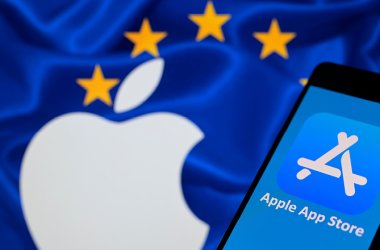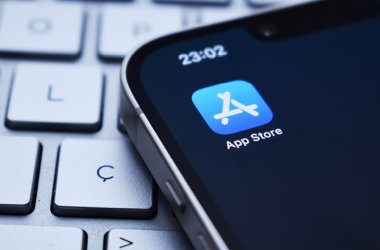 Apple, still reeling following the release of private photographs of numerous celebrity iCloud users, plans to strengthen security around its the storage service, according to CEO Tim Cook.
Apple, still reeling following the release of private photographs of numerous celebrity iCloud users, plans to strengthen security around its the storage service, according to CEO Tim Cook.
The change consists primarily of new warnings when certain changes are made to an account, as well as implementation of two-factor authentication on iCloud accounts, Cook told The Wall Street Journal.
iCloud accounts for more than a dozen celebrities were compromised by hackers who obtained their login credentials, possibly by guessing security questions or using password-breaking tools. The subsequent release of nude photos put Apple on the defense, with the company maintaining that its systems were not breached.
Cook told the newspaper that Apple will begin sending email and push notifications within two weeks to users when a new device is used to restore or log into an iCloud account or an account’s password is changed.
With iCloud credentials, it is possible to download the entire contents of an account to a new device, including photographs, text messages, call logs, address books, calendars and other information depending on what a person has chosen to store on iCloud.
For iTunes, Apple has had a two-factor authentication feature, which involves entering a separate code to access an account. But that isn’t offered for iCloud.
“When I step back from this terrible scenario that happened and say what more could we have done, I think about the awareness piece,” Cook said. “I think we have a responsibility to ratchet that up. That’s not really an engineering thing. We want to do everything we can do to protect our customers, because we are as outraged if not more so than they are.”
The next version of Apple’s mobile operating system, iOS, will have an option to use two-factor authentication for iCloud accounts, The Wall Street Journal reported.
Apple has maintained that the way its two-factor authentication mechanism is set up would have nonetheless still protected the accounts if it had been enabled by the victims.
If it was on, the hackers wouldn’t have been able to see the security questions used to verify someone’s account in case of a lost password. With two-factor authentication off, the hackers could guess answers to security questions and gain access.
But it has also been suggested that attackers used a password-guessing tool against Apple’s Find My Phone service. Apple didn’t acknowledge a security issue with Find My Phone, but a brute-force script posted on GitHub had a note indicating that an API for the service allowed unlimited guesses of passwords. The API problem was later fixed, it said.
In that scenario, two-factor authentication wouldn’t have mattered. The tool, called iBrute, might find the correct password, making it unnecessary for a hacker to get access to the security questions.
It is also possible the celebrities were victims of phishing attacks, where hackers try to trick people into revealing their credentials by sending them a link to a look-a-like but fraudulent web service.





